Is It Worth It Being a Chemist?
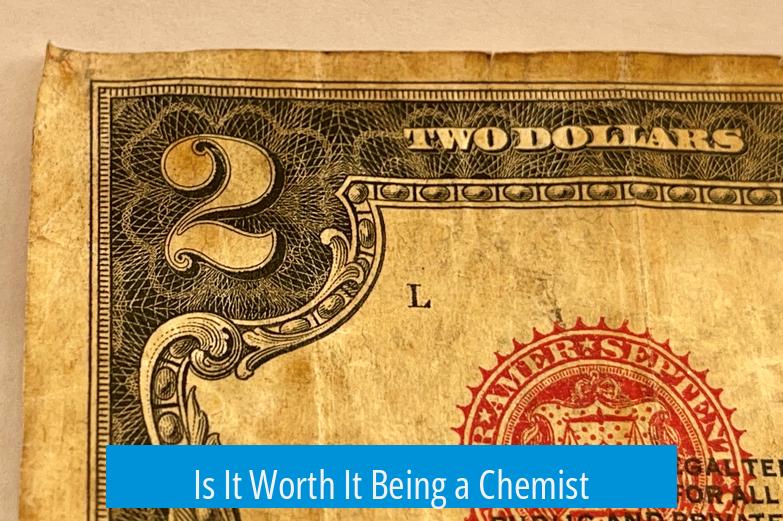
Being a chemist is worth it primarily if you have a true passion for chemistry, are prepared for the educational demands, and embrace diverse career paths. Financially, chemistry offers moderate rewards unless supplemented by advanced degrees and strategic career moves.
Personal Satisfaction and Passion for Chemistry
Enjoyment and passion play a crucial role in judging whether a chemistry career is rewarding. Many chemists highlight a deep intellectual challenge and fascination with the subject. If problem solving and applying the scientific method excite you, chemistry often feels “sick,” or thrilling, as some express.
Without passion, the field can feel tiresome over time. Chemistry professionals emphasize that loving the subject from the start correlates with long-term fulfillment. Chemistry’s broad scope—from physics interplay to lab experimentation—offers enriching experiences for those who appreciate scientific inquiry.
Diverse Career Opportunities
Chemistry careers span academia, government, pharmaceuticals, food science, cosmetics, and industrial sectors. Job roles range from bench work and analytical chemistry to research management and product development.
- Some chemists advance from lab roles to management.
- Others transition between academia, government labs, and industry.
- Geographically, certain regions offer more chemistry jobs, influencing mobility decisions.
- Outsourcing, especially to countries like China and India, impacts availability in some sectors.
This variety allows chemists to find niches fitting their interests, whether hands-on lab work or supervisory positions.
Compensation and Financial Realities
Compensation in chemistry typically provides a comfortable middle-class lifestyle. Salaries often depend on degree level and employer sector.
| Degree Level | Typical Salary Range (USD) | Comments |
|---|---|---|
| Bachelor’s (BS) | $40,000 – $70,000 | Entry-level roles, limited growth |
| Master’s (MS) | $60,000 – $100,000+ | Better pay, private industry roles |
| Doctorate (PhD) | $80,000 – $150,000+ | Specialized research, leadership |
Private industry, especially pharma, often offers the best salaries. Entry-level chemistry jobs can be low paid, sometimes as contract-based bench work with limited advancement.
Compared to computer science or chemical engineering, chemistry generally pays less for equivalent education lengths. Yet some chemists enjoy job security and additional benefits like pensions and 401k matches.
Educational and Career Advancement Requirements

Advanced degrees significantly affect chemistry career prospects. A bachelor’s degree often limits opportunities to routine lab roles. Pursuing a master’s or PhD opens doors to research, management, and higher pay.
The schooling is rigorous and can exceed typical undergraduate timelines, especially for a PhD. Some recommend chemical engineering or computer science for those prioritizing financial return or diverse job options.
Work Environment and Job Challenges
Chemistry jobs often involve repetitive sample analysis, documentation, and handling hazardous chemicals. Workplace stress can arise due to safety pressures, management issues, and overtime demands.
The lab environment presents health considerations and can be monotonous, with many tasks described as “sample jockey” work. Politics and corporate bureaucracy impact workplace satisfaction.
However, some chemists note the excitement of discovery and intellectual stimulation as rewards balancing these challenges.
Job Security and Lifestyle Considerations
Job security varies by industry and location. Some express steady employment and intellectual satisfaction, while others face repeated job searches and temporal positions.
Geographic mobility enhances job prospects. Work-life balance can vary; certain positions offer relatively stress-free routines, whereas others demand overtime.
Career Advice
- Only pursue chemistry if you are passionate about the subject.
- Consider chemical engineering or computer science for better financial returns.
- Seek workplaces with healthy cultures to avoid toxic environments.
- Advancing often requires jumping between employers and acquiring advanced degrees.
- Balance personal interests with practical career decisions.
Negative Perspectives
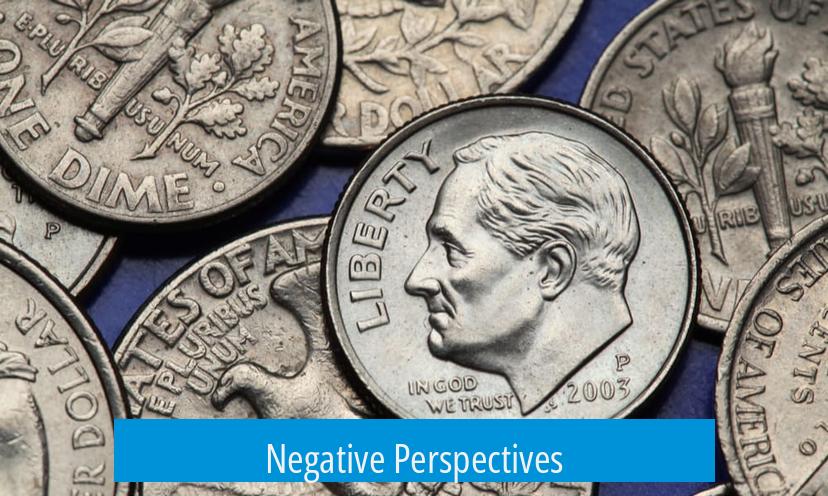
Several chemists express regret and dissatisfaction, particularly in the US market. Outsourcing limits job availability. Pay and advancement may disappoint those expecting lucrative careers. Some advise against chemistry unless driven by true interest.
Key Takeaways
- A career in chemistry is worth it primarily if fueled by passion and intellectual curiosity.
- Advanced degrees (MS, PhD) improve pay and job roles significantly.
- Compensation is moderate compared to other STEM fields; private industry pays best.
- Job roles range broadly from bench work to management and research leadership.
- Work can be repetitive, stressful, and involve safety challenges, balanced by intellectual rewards.
- Geographic mobility and employer changes enhance career growth and security.
- Those prioritizing money over passion may find better choices in chemical engineering or computer science.
Is It Worth It Being a Chemist? A Deep Dive Into The Element of Choice
Is it worth it being a chemist? The short answer: It depends—mostly on your passion for the molecular dance, your tolerance for lab coats and HPLC babysitting, and whether you’re ok with the ups and downs of the chemistry career rollercoaster.
But let’s slow down and peel back the layers of this onion (or should I say, molecule?). Is being a chemist just about reaction tubes and complicated formulas? Or is it a playground for problem solvers who adore uncovering nature’s secrets? Grab a lab coat; we’re about to mix facts, real voices, and a dash of reality to see if chemistry *really* adds up to a worthwhile career choice.
Passion: The Catalyst Behind The Career
Let’s start with the most critical ingredient: passion. Chemistry is not a hobby you pick up casually. It demands devotion. Some chemists say it outright: “I like chemistry, thus I am satisfied with my career.” Others wax poetic about the intellectual challenge and sci-fi vibe of working with molecules as their daily bread.
Passion makes the grind bearable—even thrilling. Think of it as the secret sauce that transforms tedious sample runs into fascinating puzzles. For instance, one seasoned chemist said, “If you enjoy problem solving and challenging yourself intellectually, chemistry is an amazing profession.” But beware: if you don’t love the core science now, don’t expect to love it five years down the line. It’s not a job for the “just curious.” It’s a lifelong relationship with molecules and data.
Love chatting about the periodic table? Dig lab experiments? Chemistry may fit you like a glove. Passion rarely disappoints in this field because it helps weather stress and occasional burnout. Chemistry’s diversity lets you explore multiple career paths—from research, academia, government labs, to industrial roles.
Career Paths: More Than Just Mixing Chemicals
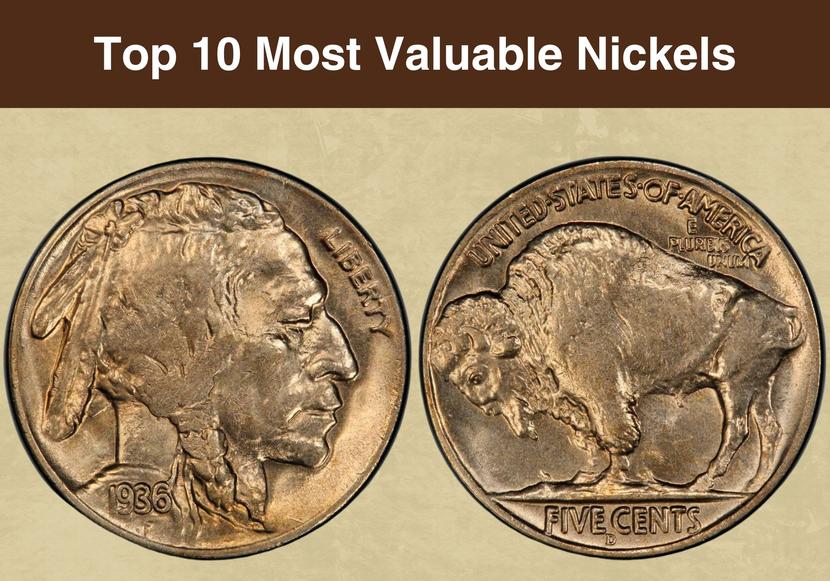
Chemistry careers don’t all look alike. Imagine a spectrum stretching from bench chemists performing titrations to chemistry managers steering large projects. Some work in pharma, others in food science, cosmetics, government research, or academia. The job market is diverse, but it requires adaptability.
One chemist journeyed through post-docs, government science, industry research, and academia. Another moved from 15 years of bench work to management, cherishing both experiences. Meanwhile, some colleagues have ventured into marketing and sales support for scientific products, adding unexpected zest to their chemistry backgrounds.
The downside: many chemistry jobs have been outsourced overseas—to China and India—making U.S. job security trickier. Still, moving geographically or shifting roles often helps claw back opportunity and salary improvements.
Money Talks: The Financial Equation
Let’s talk digits. If money is your primary motivator, chemistry might not be the jackpot unless you aim for advanced degrees or specialized sectors.
Generally, a BS degree chemistry job could pay enough for a decent, comfortable life—the ability to buy a house, drive a car, and raise a family. Mid-career MS holders in pharma companies might score salaries around $140k, with pensions and 401k matches sweetening the deal. Analytical chemists in biotech note the pay is fair—enough for comfort, not riches.
Conversely, some warn that pay is lackluster versus fields like computer science or chemical engineering. One recent graduate wishes they’d chosen CS, noting the time-to-payoff ratio just wasn’t there with chemistry. Another who babysat an HPLC lamented contract work paying $13-$15 hourly with virtually no career advancement.
All in all, advanced degrees—MS or PhD—and private industry roles in pharma or microelectronics boost pay and job prospects significantly. Moving among companies can also bump compensation up, but chemistry generally beats non-STEM roles in income with a bit of experience and strategy.
Education: The Long Slog Before The Lab Glory
Before chemistry magic unfolds, there’s a mountain of schooling to climb. Chemistry isn’t a cakewalk. It’s demanding and lengthy.
If you want to do more than just “lab rat stuff,” expect to earn at least a master’s, if not a doctorate. PhDs mean longer schooling—think more years than your college-bound friends—but open more doorways and pay scales.
Still, some advise swapping chemistry for chemical engineering or computer science if career flexibility and immediate pay are priority. Chemistry degrees often don’t convert into high-paying jobs without that extra schooling or specialized expertise.
Work Environment and Stress: Is It Hell in the Lab?
Life as a chemist involves more than thrilling discoveries. Expect repetition: “daily samples” can be boredom certified. Running titrations, prepping HPLC or GC samples, and documentation dominate many lab roles. It’s not all “eureka” moments.
Health-wise, working with chemicals poses risks. Carcinogens lurk in some labs, and long hours might be unavoidable. Corporate politics are unavoidable too, everyone agrees—but it’s the world of work everywhere, not just chemistry.
Some chemists find the work heavenly; others feel trapped in hellish routines. Stress and pressure from management can trigger safety issues and lead some to leave. It’s a “love it or hate it” field, with very little middle ground.
Career Advice: When to Dive In and When to Rethink
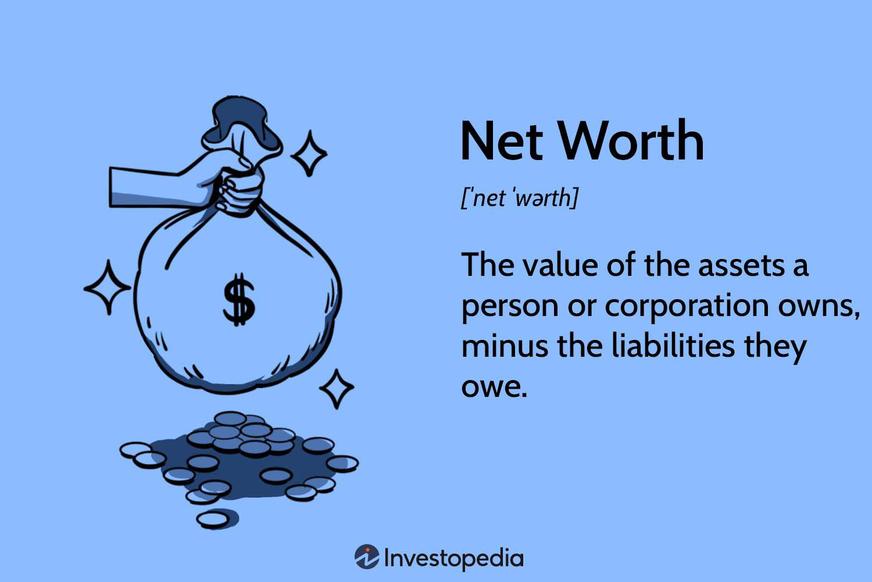
The consensus: only pursue chemistry if you’re passionate. Without passion, chemistry’s challenges can overwhelm. You’ll likely face stress without the joy to balance it. Money alone won’t compensate.
Many suggest exploring chemical engineering or computer science for better pay and diverse roles. If you do choose chemistry, research the right workplace and never tolerate toxic environments. Jumping between companies boosts salaries and experience.
One piece of sage advice is to avoid “working for assholes.” Find good coworkers and environments. A supportive workplace often turns the chemistry grind into a rewarding experience.
Job Security and Lifestyle: Steady or Shaky?
Chemistry jobs can provide steady, simple, and intellectually satisfying work. Some enjoy feeling like important societal contributors.
Job security varies—some find stable government or pharma roles, others feel the sting of outsourcing and competition. Location matters since chemistry jobs tend to cluster geographically. Willingness to relocate enhances opportunity.
Pay often matches lifestyle needs but won’t transform you into a millionaire. One water chemist said, “It’s not like I get paid dirt; it’s just not going to make me rich.” Work-life balance depends on sector; biotech or government gigs often offer better balance than industry R&D.
The Dissenting Voices: When Chemistry Isn’t Worth It
Not everyone is head over heels for chemistry. Some declare it isn’t worth it in the current U.S. job market:
- One shared horror over contract jobs babysitting machines for entry wages, no growth, no security.
- A student recently regrets choosing chemistry, wishing for the CS degree and the fast-tracked pay it brings.
- Outsourcing, boring sample work, and management layers sometimes make jobs feel like drudgery and dead ends.
These experiences remind us chemistry can be unforgiving without the right education, passion, or career moves.
So, Is It Worth It?
Let’s crystallize this molecule of wisdom: Being a chemist is worth it IF you have a deep passion for chemistry, are prepared for the demanding education, and accept the job challenges. The intellectual rewards are substantial, the chance to work at the frontier of science is thrilling, and the variety of careers can fit different personalities.
If financial gain is your top priority, consider alternative paths like chemical engineering or computer science. But if curiosity about molecules and problem solving drives you—and you find joy in lab work, data analysis, or teaching—chemistry offers a solid, respectable career with scope to grow and make meaningful contributions.
Think about this: Would you rather have a job you love with modest pay or chase money in a field you don’t care for? Chemistry leans towards the former, blending passion with profession in a scientific symphony.
Final Thoughts: Your Move, Future Chemist
Are you fascinated by how things work at an atomic level? Can you spend hours balancing equations, tweaking experiments, and still feel energized? Consider chemistry your playground.
Are you in it just because it sounds cool or pays better than your fallback plan? Look around: chemistry can be challenging, stressful, and sometimes repetitive. You might end up wishing for a Plan B.
Still here? Then put on your goggles and go for it. Chemistry rewards those who dive in with full heart and clear eyes. Just remember to balance passion with pragmatism, education with experience, and love for science with a good career strategy.
Be a chemist. Discover new worlds, make meaningful impacts, and enjoy your molecular symphony—if it’s truly your tune to play.
Is a career in chemistry fulfilling if you don’t have a strong passion for the subject?
Without passion, chemistry careers can feel draining over time. Success and satisfaction usually need a real interest in problem-solving and science. If you lack enthusiasm now, chances are it won’t grow later.
What kinds of job roles can a chemist expect beyond lab work?
Chemists work in research, management, marketing, sales support, and more across sectors like pharma, government, food, and cosmetics. Career paths can shift between bench work and leadership roles over time.
Does having a PhD or Master’s degree significantly improve salary and job prospects in chemistry?
Advanced degrees open up better roles and pay. A BS offers limited options, while an MS or PhD improves chances for advancement. However, lengthy schooling is a factor to consider.
How does chemistry pay compare to other science and tech fields?
Chemistry salaries provide a comfortable life but often lag behind computer science or chemical engineering. For top pay, private industry with a Master’s or PhD offers better returns than entry-level positions.
What are the main challenges chemists face in their work environment?
Lab work involves health risks like chemical exposure and repetitive tasks. Workplace politics and pressure can add stress. Job satisfaction varies greatly, and overtime is common in many roles.


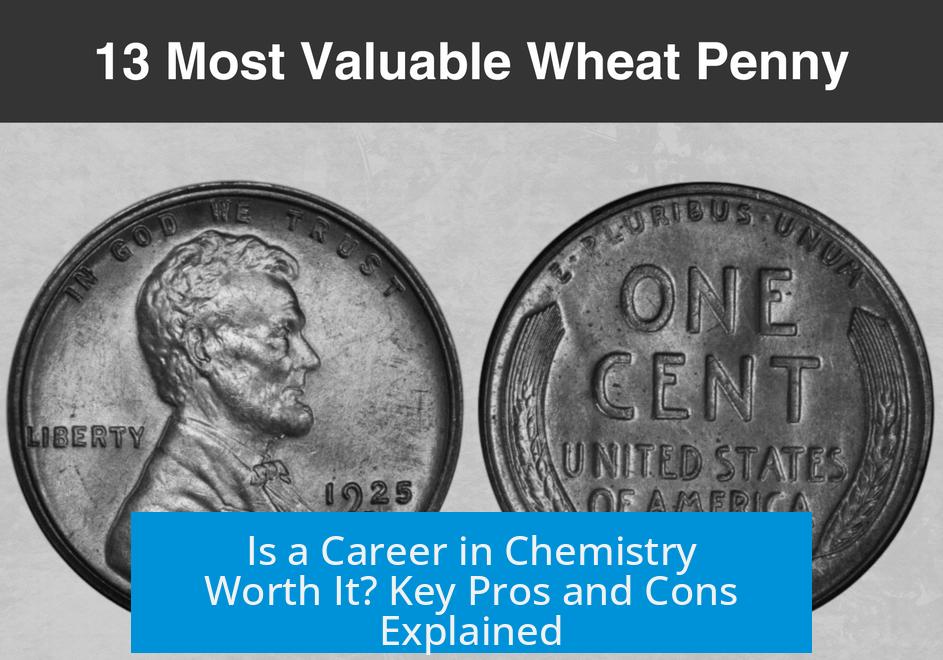

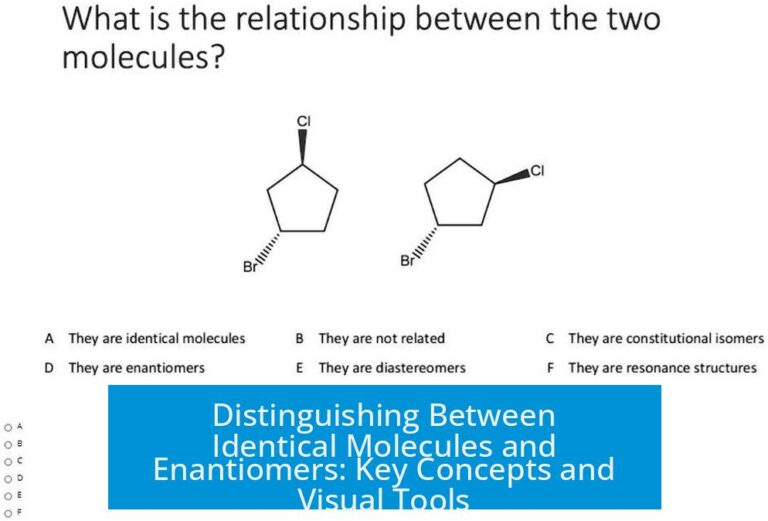
Leave a Comment